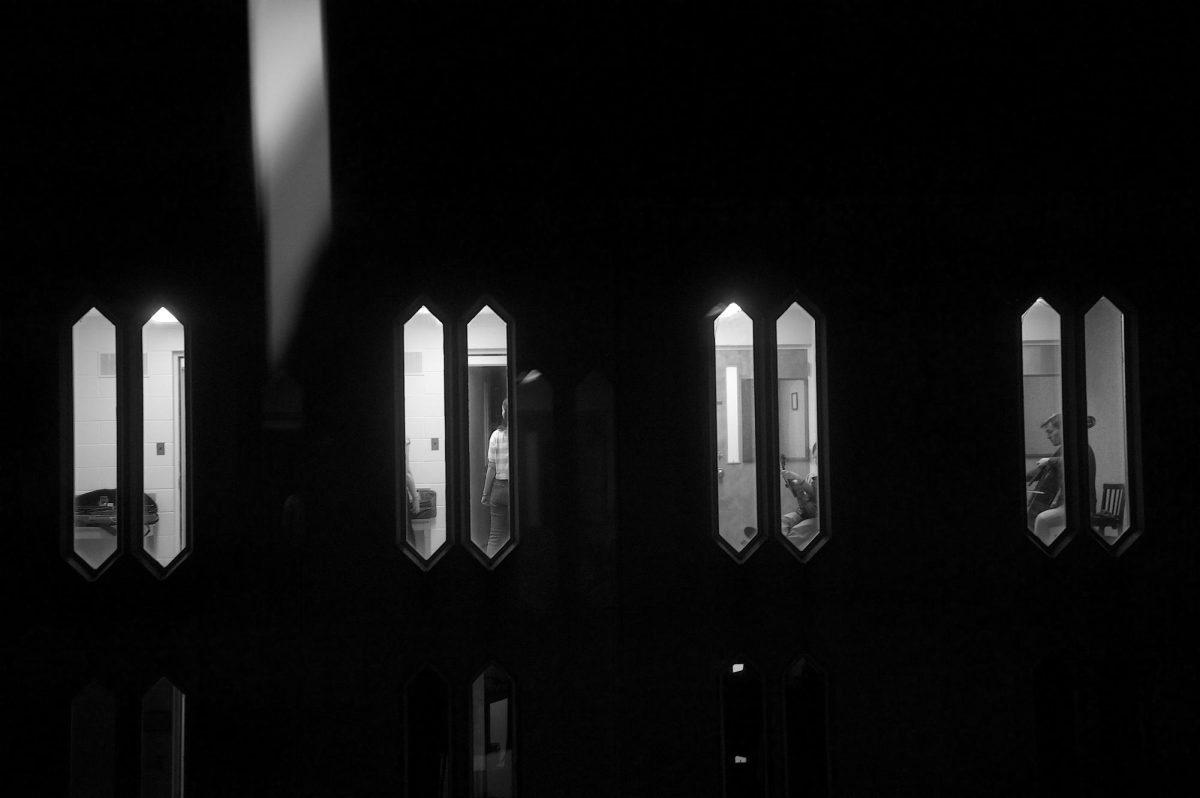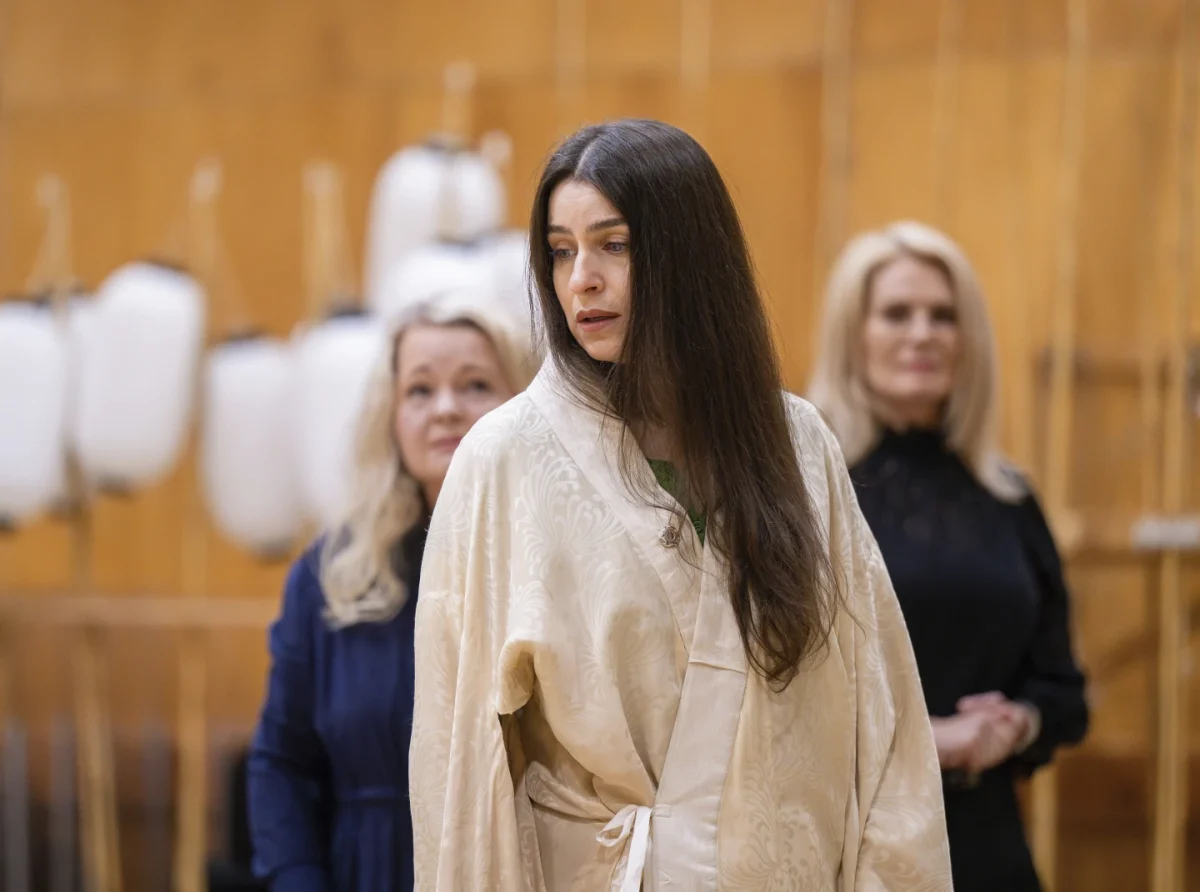Oberlin Conservatory has a longstanding tradition of premiering new operas over Winter Term. The New Opera Commissioning Program, founded by former Assistant Professor of Opera Theater Christopher Mirto, has given Oberlin Voice students the opportunity to work directly with a show’s creators and has led to the creation of several original and innovative pieces. The Winter Term operas are incredible projects and are part of the specialized training that the Conservatory boasts.
When I heard that there would be no Winter Term opera offered this year, I was extremely disappointed. As someone who deeply loves contemporary opera, I was saddened to know that I wouldn’t be able to participate in this Oberlin trademark.
The Opera Theater department rarely presents more modern operas in their mainstage season, and the Winter Term operas are one of the only chances that students have to explore more recent repertoire. Contemporary operas are the future of the art form.
While some opera companies modernize classic shows like Lucia di Lammermoor and La bohème to connect with modern audiences, contemporary operas are written to represent modern topics. While there is a certain nostalgia and magic to classic works, modern stories need to be told to accommodate the ever-changing world we live in.
The Puppy Episode, which premiered at Oberlin in 2022, references the historic two-part television episode where Ellen DeGeneres came out as a lesbian. The show follows four people in different stages of life coming to terms with their queerness as a result of the episode. Not only did this piece cover topics like sexuality and queer identities — relevant themes on Oberlin’s campus — but the students who originated these roles were scheduled to take the show on the road to professionally premier their work at Opera Columbus, an experience that few performers get to put on their resume. Unfortunately, the professional premier was hindered by COVID-19 restrictions.
Last Winter Term, Oberlin presented Alice Tierney, which follows a group of archaeologists as they try to uncover the mysterious death of a 19th-century woman. The show explored ideas of sexism and how women’s stories can be historically overlooked. Oberlin students got the truly special opportunity to have a show created with them in mind. Alice Tierney composer Melissa Dunphy workshopped the show alongside students far before the show hit the stage. Because many of the cast members were singing their roles as the show was being written, they were allowed the unique experience of creating a character from the ground up.
Relevant messaging and performance opportunities are not the only reasons to keep these performances around. For many double-degree students, Winter Term can be a time to fully commit to their art form. The operas at Oberlin are extreme time commitments; technical rehearsals can last five to six hours a night, Saturdays included. The freedom of Winter Term allows busy double-degree students the chance to build their performance resumes without overwhelming themselves during the semester.
It was extremely saddening to see that Oberlin opted not to produce a Winter Term opera this year, and I hope that the Opera Theater department will carry on the legacy of important storytelling and performance opportunities that Mirto established. Contemporary operas keep audiences engaged with the art form, and Oberlin should continue to champion innovation and excellence in the field.









